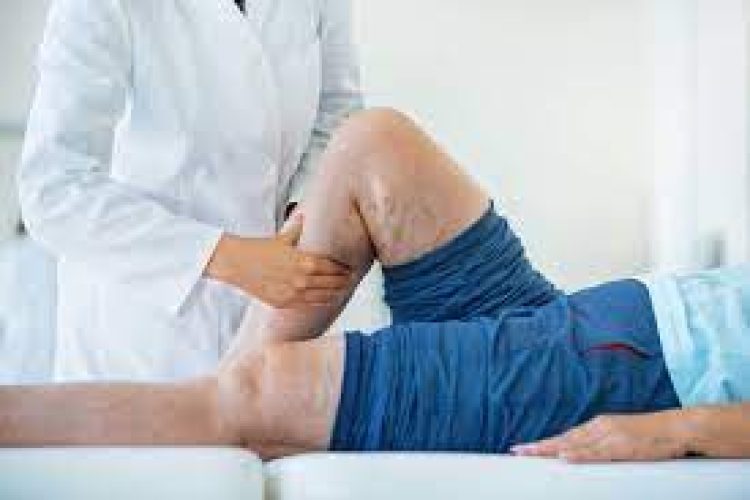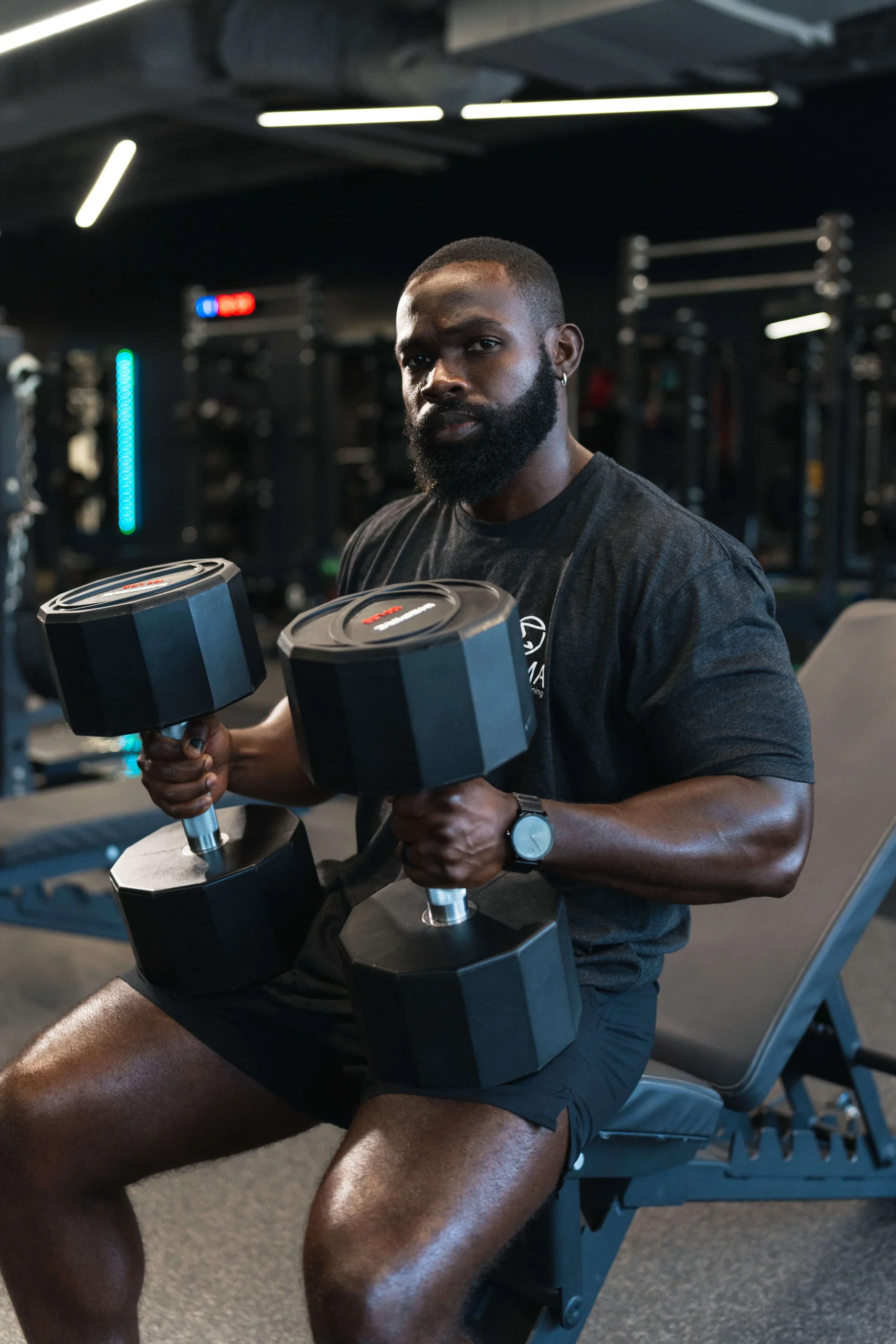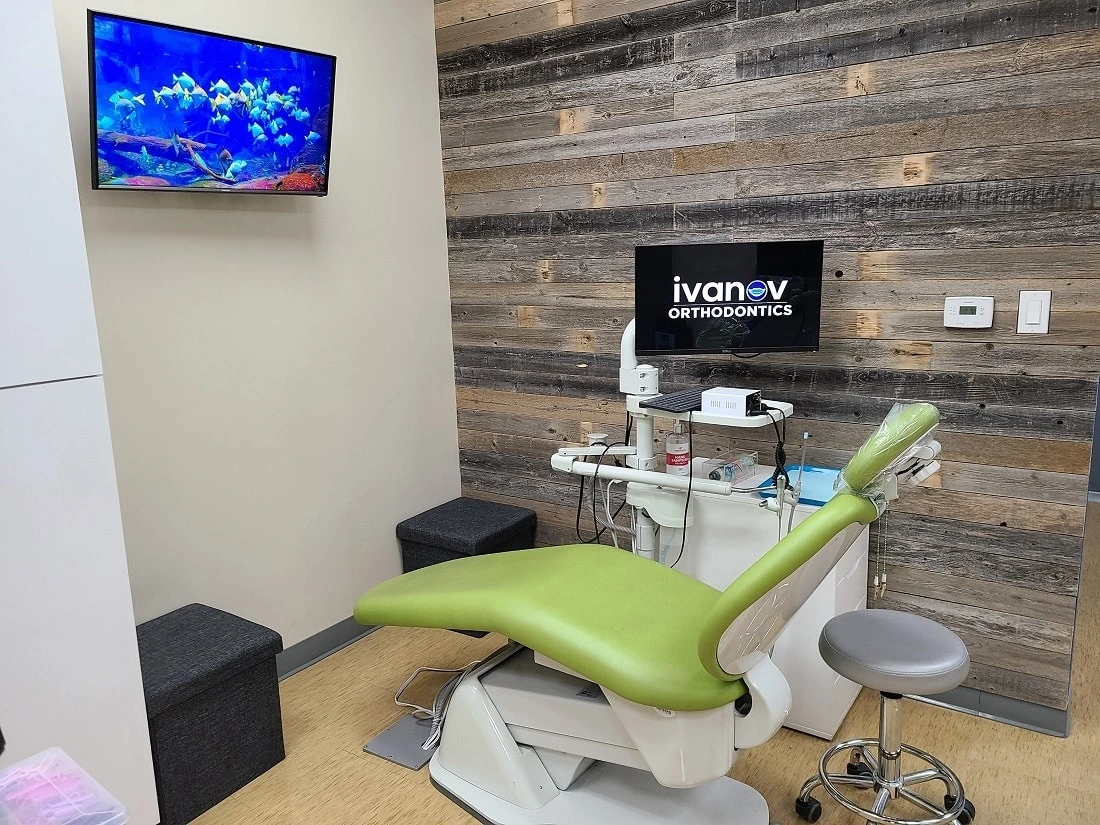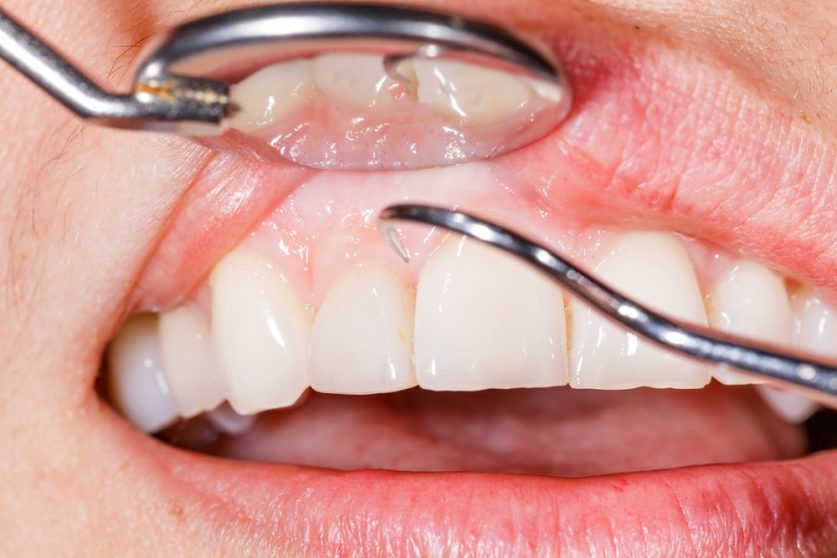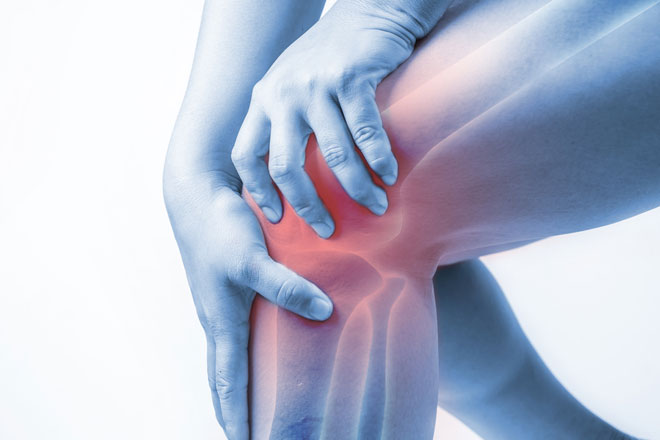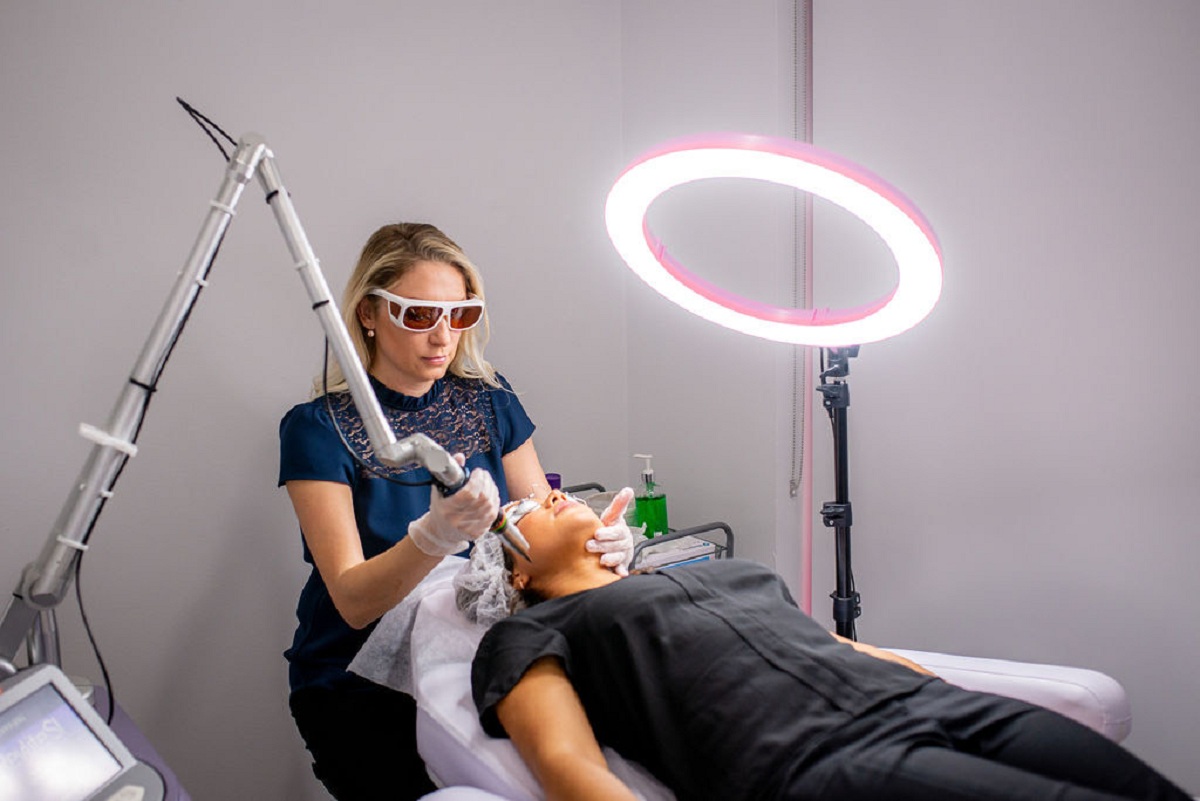When To See A Vascular Doctor And What To Expect At A Vein Clinic In Long Island?
Vein-related issues can be quite painful, as well as demoralizing for many people because of their unpleasant appearance on the outermost layer of the skin. If you are experiencing such an issue, then it is essential to know what is the best time to confer with a doctor to avoid further complications. Read this article to know what to expect at a vein clinic and how vascular surgeons there can help you recover from this condition.
When To See A Vascular Doctor
- Persistent Leg Pain And Swelling
Pain in the legs and evident signs of swelling on the legs that continues for an extended period of time might represent a symptom of vein disease or similar vein-related disorders. Varicose veins can additionally be there, and such signs can become severe following a long time period of sitting or standing.
- Visible Varicose Veins
Legs are the most prevalent location for varicose veins, which are swollen, expanding, and distorted veins. Even though they can sometimes be painful or uncomfortable, their existence could point to a venous issue that needs to be addressed.
- Leg Ulcers And Skin Changes
Leg ulcers or sores that remain untreated can indicate persistent vein insufficiency. Furthermore, skin variations like discoloration of the skin or darkening near the ankles may be a sign of inadequate blood flow.
- Spider Veins
Despite the fact that they are generally not harmful, spider veins are often unpleasant. If they are present, a vein expert can determine if there are any fundamental vein problems
- Aching Or Heaviness In The Legs
Vein insufficiency or related vein issues might be the reason behind the leg pain or heaviness that you frequently feel, particularly during the evening.
What To Expect At A Vein Clinic
- Comprehensive Evaluation
In a vein center, you’re going to receive a thorough examination to check the condition of your blood vessels. A complete medical record, especially any signs that you might be having and any hereditary trace of vein disorders, will be collected by the veins surgeon.
- Physical Examination
Your legs and other noticeable veins are going to be carefully examined as part of a comprehensive medical checkup. The medical professional will look for symptoms of ulcers in the legs, varicose veins, spider veins, and other vascular disorders.
- Diagnostic Tests
The veins specialist might ask for diagnostic procedures to gain a better understanding of your veins’ condition according to the signs and the results of the medical checkup. Ultrasound scans are a popular diagnostic to assess the flow of blood and find any obstructions or anomalies in the veins.
- Diagnosis And Treatment Plan
Following the examination and diagnostic testing, your phlebologist will evaluate you and suggest a suitable course of action. Compression socks, sclerotherapy (injections to reduce varicose veins), or minimally invasive methods, including endovenous laser therapy or radiofrequency ablation, are a few possible treatment choices.
Conclusion
This article has thoroughly gilded you when to see a vascular doctor and how the group of vein specialists will put in time to explain your situation to you, emphasize the significance of early treatment, and show you what to do to take charge when moving ahead with your vascular health. So, confer with a vascular surgeon to avoid decoration in your condition.
